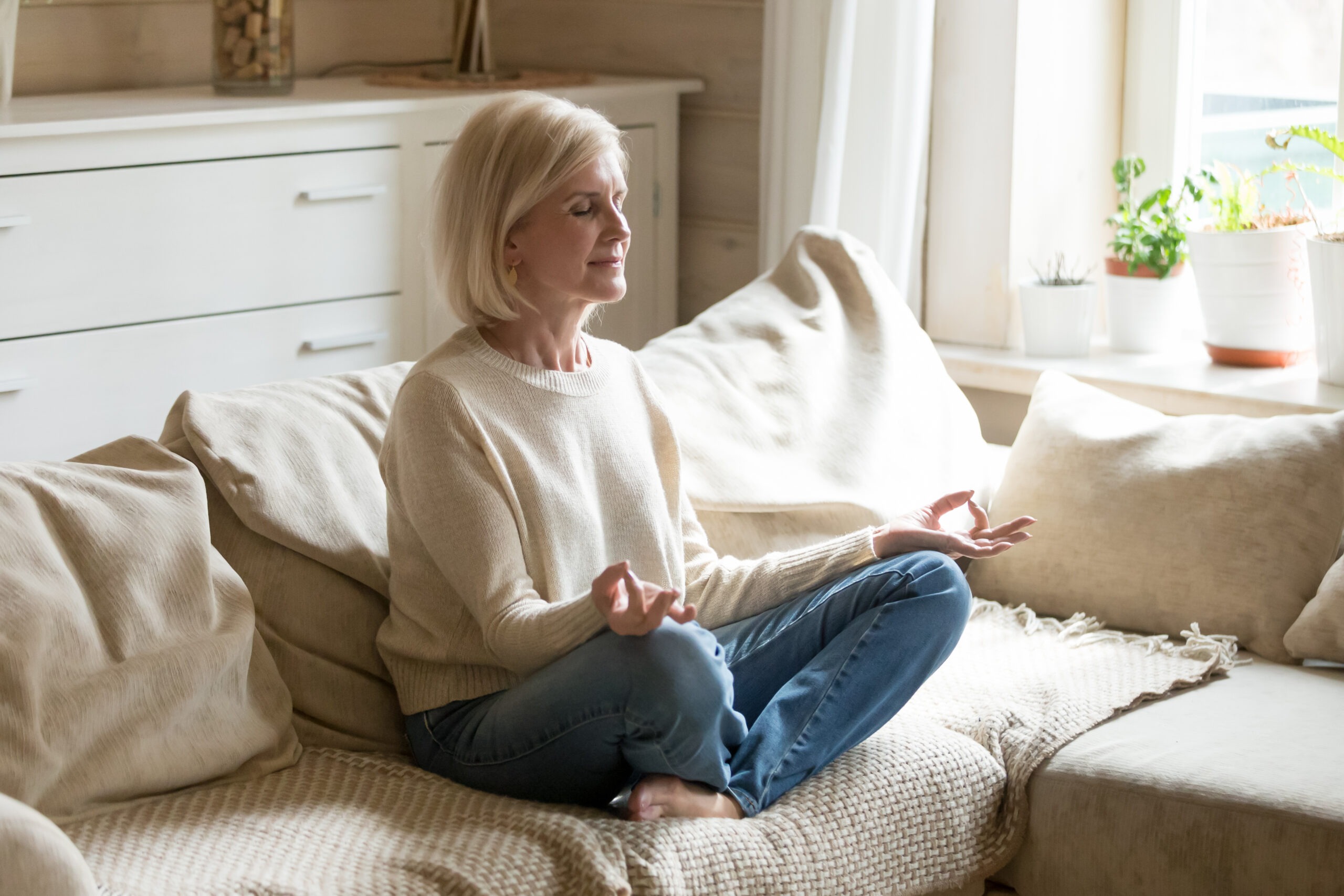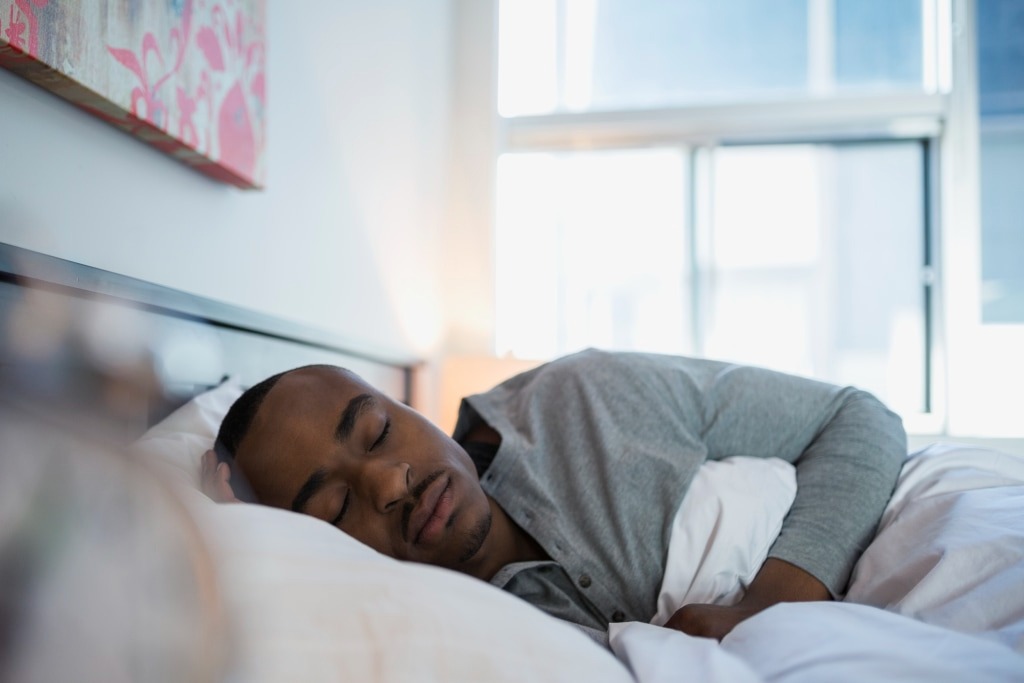Why Simple Changes Matter
Many people hold back from living more sustainably because they assume it’s expensive, inconvenient, or all-or-nothing. But eco-friendly living isn’t about perfection. It’s about progress.
The good news? Some of the most effective changes are surprisingly easy. And they often save money, boost your health, and simplify your life in the process.
1. Rethink Single-Use Items
One of the biggest sources of daily waste comes from single-use products—plastic water bottles, coffee cups, shopping bags, straws. These items are used for minutes but can linger in landfills and oceans for hundreds of years.
Simple swaps:
-
Carry a reusable water bottle—steel or glass are best.
-
Bring your own shopping bags and produce bags to the store.
-
Use a reusable coffee cup (some cafés even offer discounts for it).
-
Say no to plastic straws and cutlery—keep a portable set in your bag or car.
These small changes eliminate dozens—if not hundreds—of disposable items from your life each month.
2. Waste Less Food
Globally, about one-third of all food produced is wasted—a massive environmental and ethical issue. Food waste also creates methane, a powerful greenhouse gas.
Tips to cut back:
-
Plan meals and shop with a list to avoid overbuying.
-
Use your freezer to preserve leftovers, bread, fruit, and even herbs.
-
Learn the difference between “best before” and “use by” dates.
-
Get creative with scraps: make vegetable stock from peels, or croutons from stale bread.
Bonus: reducing food waste can save you hundreds of dollars a year.
3. Reduce Energy Use at Home
Cutting back on energy doesn't just lower your utility bills—it also reduces your carbon footprint.
Quick wins:
-
Switch to LED bulbs—they last longer and use up to 80% less energy.
-
Unplug devices when not in use (even chargers draw power when idle).
-
Use smart power strips to cut phantom energy use.
-
Lower your thermostat by 1–2 degrees in winter and raise it slightly in summer.
-
Wash clothes in cold water and air dry when possible.
If you’re ready to go further, consider switching to a green energy provider or installing solar panels.
4. Choose Greener Transportation
Transportation is one of the largest contributors to carbon emissions. While not everyone can ditch their car, there are plenty of ways to reduce your impact.
Greener travel options:
-
Walk or bike for short trips—it’s good for the planet and your health.
-
Use public transit or carpool when possible.
-
Combine errands into one trip to reduce unnecessary driving.
-
Consider a hybrid or electric vehicle if you're in the market for a new car.
Even reducing car use by one or two days a week makes a difference.
5. Buy Less, Choose Better
Consumer culture encourages us to buy fast, cheap, and often. But this “fast fashion” approach comes at a high environmental cost.
Be a more mindful shopper:
-
Before buying, ask yourself: Do I really need this?
-
Choose quality over quantity—buying fewer, better-made items reduces waste and saves money in the long run.
-
Support local, ethical, or secondhand brands when possible.
-
Embrace the “repair, reuse, repurpose” mindset instead of tossing things out.
Remember: the most sustainable item is the one you already own.
6. Switch to Eco-Friendly Cleaning Products
Many conventional cleaners are full of harsh chemicals that harm both the environment and your indoor air quality.
Eco-upgrades:
-
Look for products labeled biodegradable, plant-based, or non-toxic.
-
Try making your own all-purpose cleaner with vinegar, baking soda, and lemon.
-
Use reusable cleaning cloths instead of paper towels.
-
Avoid antibacterial products unless absolutely necessary—they contribute to resistance and aren’t usually needed.
Your home will be just as clean—and a whole lot healthier.
7. Mind Your Water Use
Freshwater is a precious resource, and small steps to reduce usage can go a long way.
Simple actions:
-
Turn off the tap while brushing your teeth or washing dishes.
-
Fix leaky faucets and toilets—they can waste hundreds of liters a day.
-
Install low-flow showerheads and dual-flush toilets if possible.
-
Water plants in the early morning or evening to reduce evaporation.
Collecting rainwater for outdoor use is another great step if you have the space.
Final Thoughts: One Step at a Time
Living an eco-friendly life doesn’t mean overhauling everything overnight. It means making intentional, thoughtful choices—bit by bit. Every plastic bag refused, every meatless meal, every shorter shower adds up.
Here’s your takeaway:
Start small. Choose one or two changes that feel doable. As they become habits, build from there. Sustainability is a journey, not a destination.
The planet doesn’t need a handful of people living perfectly green lives. It needs millions of people doing their best—imperfectly but consistently.







